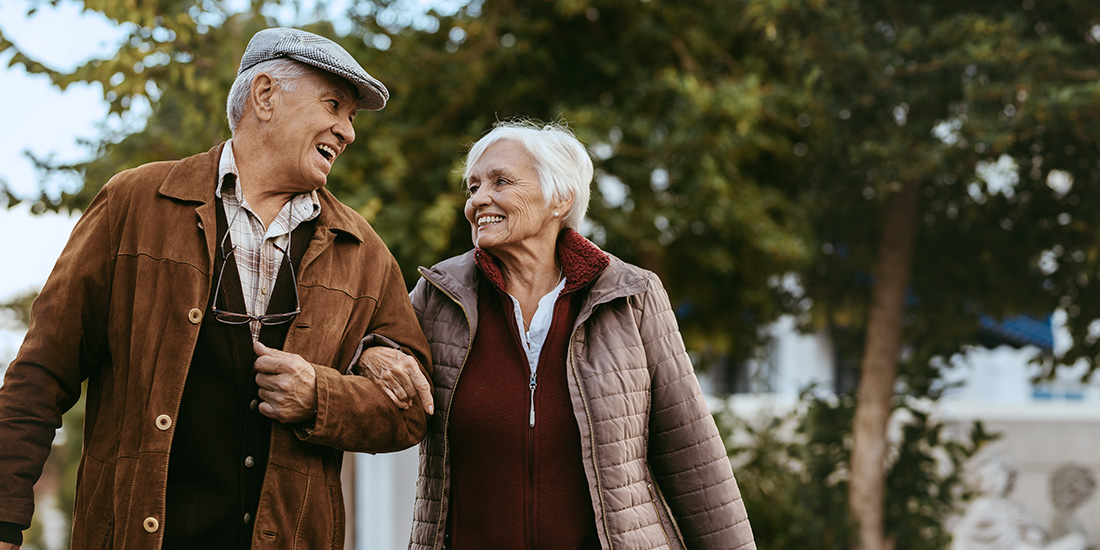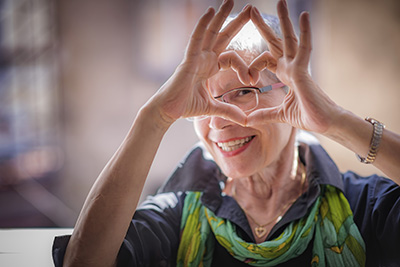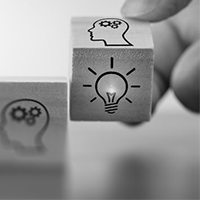 Contact
About Us
Articles
Home
Contact
About Us
Articles
Home

The need to love and be loved is hardwired into the human experience. It is as much a part of our ability to 'survive and thrive' as food, water and shelter. However, the nature and definition of love largely remain vague, mysterious and misunderstood. Artificial intelligence (AI) may be about to change that. Yes, robots may finally be able to explain to humans what it means to be human better than we ever could on our own!
"Love is the connection between all life forms. It allows people to have empathy for others. People who can’t experience love can be very destructive," according to an AI language model named GPT-3. Researcher Kirk Ouimet recently shared his conversation with the AI model on Medium.com to provide insights into what love boils down to when you look at the world based on algorithms. In addition to some observations about the nature of love, GPT-3 also shared some insights regarding how humans can be happy. Here are the secrets to human love, according to AI:
How does GPT-3’s analysis stack up against what we know about human connection and love through research? There has been a wealth of research to confirm that seeking out and acting in love are both sewn into the human experience. In fact, we know that the “feeling” of love is tightly connected to the part of our brain that is known as the reward circuit. In recent years, researchers have used MRI scans to show that love is real.
In 2005, a group of researchers used more than 2,500 MRI images of “people in love” to get to the bottom of exactly what happens to humans on a physiological level when they experience what we know as love. When shown photos of the objects of their affections, participants had increased dopamine activity in specific regions of the brain.
The first region to light up in a dopamine whirlwind is a part of the brain called the caudate nucleus. The caudate nucleus is associated with reward detection that is thought to be related to social behavior. The second area to buzz with activity is called the ventral tegmental. This area of the brain is associated with pleasure, focused attention and reward-motivated behaviors. In addition to activating these brain hot spots, feelings of love also release a flood of chemicals through the body. Leading this natural love cocktail are oxytocin and vasopressin. Interestingly, these chemicals are also released during pregnancy and nursing. They are known to foster bonding, attachment, relaxation and feelings of contentment.
It’s not always necessary to undergo a brain scan to confirm that good feeling that love brings. What’s more, romantic love is far from the only way to get that love “high” that makes us feel fulfilled. An interesting bit of research released in 2014 reveals just how important showing love through kind acts is for making us feel connected to others. This study confirms that giving love is just as important as receiving love when it comes to mental well-being.

Researchers gave study participants gifts of $5 or $20. The participants were then told to feel free to spend the money on themselves or use it for others. The results seem to show a scientific case for the idea that money can’t buy love.
It turns out that those who spent the money on other people were measurably happier than those who decided to pamper themselves with the small windfall. It gets more interesting after that. As noted above, study participants were given either $5 or $20 to spend. It turns out that the amount spent made no difference for the level of happiness achieved. The researchers behind the study chalked the results up to the well-established “deep-seated and universal nature of the need to love.”
We know from other research that a lack of what can be defined as love can be detrimental to health. Living without human connection can create cardiovascular issues, sleep issues, depression and a variety of poor outcomes. This is especially troublesome when looking at aging populations because many people begin to experience isolation just as they fall into risk categories for age-related illnesses and conditions.
A universal need for love combined with the revelation that love is just as thoroughly expressed through small gestures as it is through big ones is big news for people looking to feel more connected. One of the big takeaways is that everybody should be given opportunities to both receive and give love for mental and emotional well-being. One way that this can be done is by allowing everyone to share their gifts and talents. In addition, learning how to feel confident and safe actually positions us to receive love more easily.
If you’re willing to take the advice of a wise AI brain like GPT-3, it seems that we find ourselves by loving others. We can expect science to continue to reveal more about the human experience as algorithms get sharper. However, it’s unclear if there can ever really be an algorithm capable of fully understanding the human heart.
Alliance America is an insurance and financial services company. Our financial professionals can assist you in maximizing your retirement resources and achieving your future goals. We have access to an array of products and services, all focused on helping you enjoy the retirement lifestyle you want and deserve. You can request a no-cost, no-obligation consultation by calling (833) 219-6884 today.


